Check your grammar right from your browser or Microsoft Office. Improve your writing in emails, documents, social media posts, messages, and more.
Get Started for FREE
Sign up with Facebook Sign up with X
I don't have a Facebook or a X account

 Your new post is loading... Your new post is loading...
 Your new post is loading... Your new post is loading...
Scientists write popular books, for the general educated public, professing to make their ideas about science accessible to non-scientists.
Author: Sarah J. Tracy A comprehensive, all-inclusive resource for the theory and practice of qualitative/ethnographic research methodology. Serves as a "how-to" guide for qualitative/ethnographic ...
Many conference organizers focus on quantitative data for improving conferences. These transactional improvements disregard qualitative measures.
Do you really understand what validity means? #psychology #revision #researchmethods pic.twitter.com/6uXhnGYRBM
So, what does research suggest works? Are there any ‘best bets’ that we can use as a starting point to evaluate and improve our practice? And how might a 1-to-1 mobile learning project contribute to such improvement? According to the Education Endowment Foundation’s Toolkit (from here on EEF) and the Sutton Trust’s most recent report on what makes great teaching, these are some of the elements of teaching that research suggests contribute to improved outcomes, accompanied by ways in which mobile technology might, on occasion, help along the way: Via John Evans 
Sally Tilley's curator insight,
March 24, 2015 5:45 PM
Great tips with sound reasoning behind them, thank you for sharing
An AMA (Ask Me Anything) is a two way conversation first conceived on the social networking and news website Reddit. Essentially an AMA is an opportunity for people of interest to host their own Q&A session where users are encouraged to ‘ask them anything’. Questions can range from deadly serious to utterly ridiculous, and are voted up or down by users so that the most popular questions are answered first. More than just a fad on Reddit, there are a heap of ways you can run your own version of an AMA with interesting guests in your own classroom. Via John Evans 
Korally's curator insight,
March 28, 2015 9:06 AM
Not sure if it will motivate the students to ask another questions if their questions before were not popular
Students need to have a balance of literature and informational text. If you’re looking for sites that include nonfiction passages or high-interest articles here are a few worth exploring: Via John Evans
Where do you go if you want to get better at your web skills? How do you even know what's important to learn? The Web Literacy Map contains the competencies and skills that Mozilla and our community of stakeholders believe are important to pay attention to when getting better at reading, writing and participating on the web. The Web Literacy Map is part of Mozilla’s ongoing goal to create a generation of webmakers – those who can not only elegantly consume but also write and participate on the web. Read more
Learn more:
- http://www.scoop.it/t/21st-century-learning-and-teaching/?tag=EDUcation+4.0
Via Gust MEES 
Gust MEES's curator insight,
March 22, 2015 11:14 AM
Where do you go if you want to get better at your web skills? How do you even know what's important to learn? The Web Literacy Map contains the competencies and skills that Mozilla and our community of stakeholders believe are important to pay attention to when getting better at reading, writing and participating on the web. The Web Literacy Map is part of Mozilla’s ongoing goal to create a generation of webmakers – those who can not only elegantly consume but also write and participate on the web. Read more Learn more: - http://www.scoop.it/t/21st-century-learning-and-teaching/?tag=EDUcation+4.0
Students often ask how to determine which websites and articles are good sources to cite. My answer is always, "Well, what do you think?" Students need to be able to think on their own. So, if your... Via Beth Dichter, Jocelyn Stoller
Beth Dichter's curator insight,
March 25, 2015 10:06 PM
Mia MacMeekin recently posted a new infographic that helps students learn how to determine if online resources are reliable. It is split into four sections, and each section has seven questions. The four sections are: * Who wrote it? * What is it for? * Why was it written? * When was it written? With the additional questions students should be able to determine if the site is relevant to their research, and use critical thinking skills as they come to their decision. This is an area where many students struggle, and this visual may help them become more comfortable in learning how to evaluate information. 
Mel Riddile's curator insight,
March 26, 2015 6:12 AM
Beth Dichter's insight: Mia MacMeekin recently posted a new infographic that helps students learn how to determine if online resources are reliable. It is split into four sections, and each section has seven questions. The four sections are: * Who wrote it? * What is it for? * Why was it written? * When was it written? With the additional questions students should be able to determine if the site is relevant to their research, and use critical thinking skills as they come to their decision. This is an area where many students struggle, and this visual may help them become more comfortable in learning how to evaluate information. 
Anita Vance's curator insight,
March 28, 2015 11:11 AM
Helpful to encourage thinking and self-evaluating...
It’s not easy for students to stay on task these days. From Facebook to Instagram and Twitter to instant messaging to pop up, there are so many distractions. Some study aid sites even offer a ‘study break’ where students can take five minutes to check out the latest celebrity news. But it’s never really five minutes, is it? So why not use technology to fight technology? There are some fabulous study aid apps out there designed especially to help students stay on track and stay focused. Via John Evans
“Use Smithsonian and other published resources to help students judge the quality or reliability of evidence, evaluate scientific claims, and construct scientific arguments. In a live, interactive format, try out an instructional strategy and an online annotation tool. This webinar will address inquiry skills and CCSS ELA standards for informational texts in scientific and technical subject areas. Provided materials focus on real-world, curriculum-relevant topics such as fracking and the Asian carp invasion. Target Audience: Designed for high school science teachers, but all are welcome. When: Part 1: Tuesday, February 17, 2015 Part 2: Monday, February 23, 2015 (Note: the course takes place over two sessions and attendance at both, along with completion of the evaluation, is required to receive a certificate) Time: 7:00 p.m. ET/6:00 p.m. CT/5:00 p.m. MT/4:00 p.m. PT Duration: 60 minutes each session Where: The event will take place online via the Google+ platform. Registrants will receive links to the two sessions prior to the event. The webinar is archived and available for viewing after the live event has occurred. Presenters: Michelle K. Smith is Associate Director for Digital Media in the Smithsonian Center for Learning and Digital Access. She oversees content development for instructional materials and web-based programs based on the Smithsonian’s collections and expertise. Dr. Victor Sampson is an Associate Professor of STEM Education in the Department of Curriculum and Instruction at The University of Texas at Austin. He is the author of a growing series of books about engaging students in scientific argumentation, a key practice of science that helps students master content while they write about and discuss claims and evidence. Certificate of Participation: Webinar participants earn a certificate of participation for attending both sessions and completing the evaluation form at the end of the program. For more information: Contact learning@si.edu. Underwritten by the Arthur Vining Davis Foundations” Via Lynnette Van Dyke, THE OFFICIAL ANDREASCY, NikolaosKourakos, Jim Lerman |
Find needed answers here - http://homework-tutorials.com/product/cja-423-week-1-individual-assignment-disparity-and-discrimination-essay/ Write a 700- to 1050-word essay in which you compare...
Crime analysis uses non-traditional datasets in their daily analysis now to fully understand crime problems, trends, patterns and series in their area.
Free Market Research Resources for the Marketing Research Industry available from the Market Research World. Qualitative and Quantitative research explained.
This mini-lecture presents an overview of criteria for evaluating experimental and non-experimental quantitative research. Via Mark E. Deschaine, PhD
2015 overview of tools that can help journalists assess the validity of social-media and user-generated content. This post was adapted from VerificationJunkie, a site created by Josh Stearns of the Geraldine R.
The Wikipedia Edit-a-thon will gather data to look at which demographics edit the online encyclopedia.
Collecting data on student progress is an important part of making decisions about intervention and how to best support the children in our classrooms. Running Record Calculator is an app for iOS devices that helps teachers who are administering this type of assessment. It records students as they read a passage and gives you a quick way to keep track of self-corrections and errors. After the recording finishes you can enter the word count from the passage to calculate words per minute. Via John Evans
Here are the best note taking apps for your iPhone and iPad. You can choose to any of these note taking apps for your iPhone, iPad and iPod touch according to your needs. Via John Evans

António Leça Domingues's curator insight,
June 24, 2016 2:54 AM
Kit de desenvolvimento pessoal para professores.

Munira Mansoor's curator insight,
March 20, 2018 3:51 AM
This topic shows how to put professionalism in our Routine and get it accommodate in our work.
Why You Must Reflect and Improve
Learn more:
- https://gustmees.wordpress.com/2014/01/04/practice-better-ways-to-say-i-dont-know-in-the-classroom/
Via Gust MEES 
SMARTERTEACHER's curator insight,
March 30, 2015 12:09 PM
Student Voice is invaluable to the effectiveness of the educator.

Dr. Deborah Brennan's curator insight,
April 2, 2015 10:20 AM
i agree! As a teacher, I always sought to improve and make my classroom more effective for students. End of year surveys helped a lot. I also had students write letters to next year's students. This gave me insight into how the course and classroom activities helped or hampered their learning. summer is a great -- there is actually time to reflect. as lessons change, there is time to do researxh and gather resources.
Sara Jaramillo's curator insight,
April 23, 2020 2:21 PM
Teaching, no matter what topic comes up with a big responsability. We must be aware of how we provide feedback to our students, use the correct words, focus on the important mistakes but also recognizing the setrengs of put students in order to motivate them.
Teachers sometimes hesitate to assign writing tasks because of the correction work it creates. However, students benefit from frequent writing practice and the corrective feedback they receive. One solution is for teachers to work longer hours. Another is to find ways to integrate automatic corrective feedback into second language pedagogy. Via Nik Peachey 
Nik Peachey's curator insight,
February 23, 2015 8:24 AM
This looks like a great tool to support the marking of written work and give students detailed and supportive feedback which they can actually take forward.Worth watching the introductory video: http://youtu.be/Wu0TMqPfW_0 
Bulara Monyaki's curator insight,
February 27, 2015 9:03 AM
Yes. Corrective feedback should help develop students' writing
Welcome to the world of Open Educational Resources (OER). This handbook is designed to help educators find, use, develop and share OER to enhance their effectiveness online and in the classroom.
Although no prior knowledge of OER[1] is required, some experience using a computer and browsing the Internet will be helpful. For example, it is preferable that you have experience using a word processor (e.g. Open Office[2] or Microsoft Word) and basic media production software, such as an image editor (e.g. Gimp[3], Inkscape[4] or Photoshop).
The handbook works best when there is some sort of OER you would like to create or make available to others, but it is also useful for the curious reader.
There are several ways to use this handbook. Via Ana Cristina Pratas, Miloš Bajčetić, Jim Lerman |



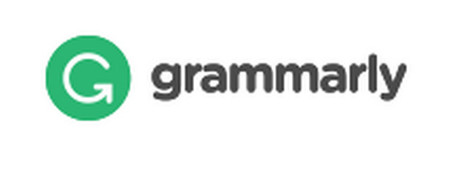










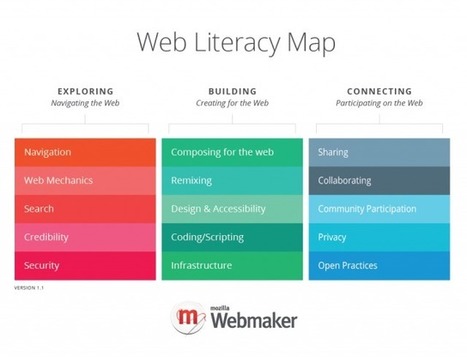
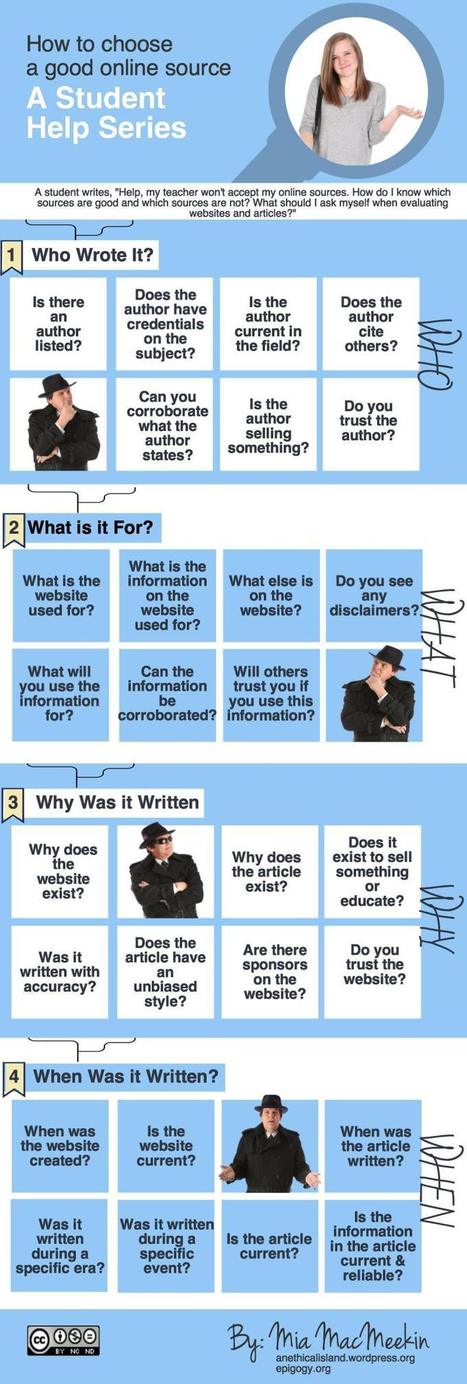









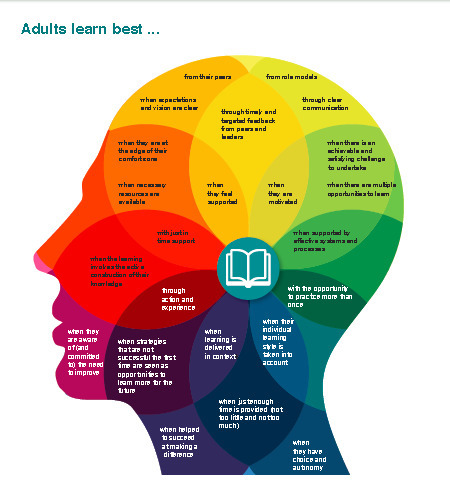


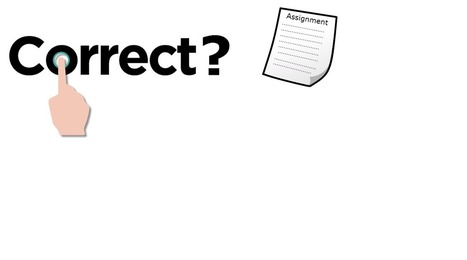

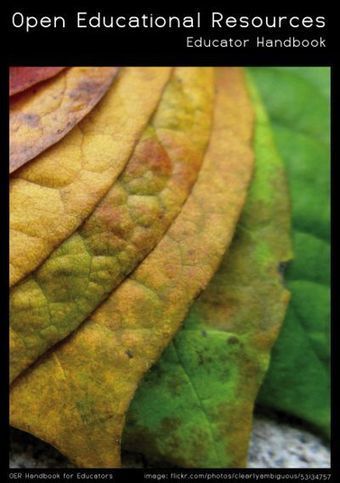






Toujours intéressant de tester comme beaucoup d'autres ressources en ligne pour l'orthographe.
I'll have to try this new service.
..always handy when writing :)